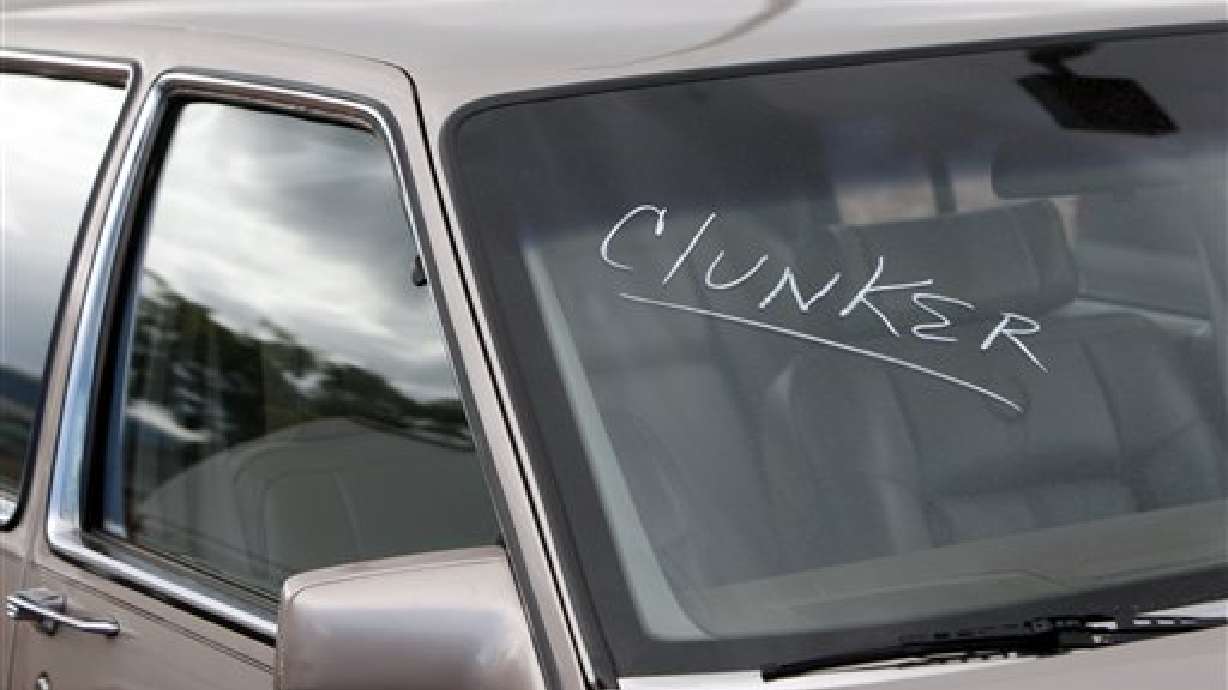Estimated read time: 2-3 minutes
This archived news story is available only for your personal, non-commercial use. Information in the story may be outdated or superseded by additional information. Reading or replaying the story in its archived form does not constitute a republication of the story.
SALT LAKE CITY -- Utah dealers say they expected some mistakes as news circulates of cars traded in nationally during the Cash-for-Clunkers program being resold illegally.
Nearly 700,000 transactions were made under the program, and Ken Garff Automotive Group CEO John Garff says some of these cars were likely resold by mistake.
"To say that [the program] went smooth as silk -- it just didn't happen that way," Garff says. "After 677,000 transactions there are going to be some that slip through the cracks for whatever reason."
Garff believes the problems will be worked out over time, and he says buyers who get these cars by mistake should be able to work with the dealers that sold them.
"If there is any car that did slip through the cracks, for whatever reason, there is not a dealer in this state that wouldn't make it right," Garff says, who was the president of the Utah Auto Dealers Association in 2008.
While he says it helped all parties involved, Garff describes the government's Cash for Clunkers program as "chaos" and an "administrative nightmare." Garff says cars were being rejected for the program because of human error on the government's side.
Logistics were also difficult and inconsistent. Garff says dealers were first told to destroy engines of "clunkers" before they could get approved for the program. Later, they were told they simply had to destroy the engines after submitting the paperwork and being approved. Dealers were supposed to be paid back by the government in three days. Garff says the average at Garff locations was over 60 days.
Garff says there are protections for prospective car buyers.
"Consumers can protect themselves by checking CARFAX," Garff said. "Dealers are checking CARFAX. Most dealers run a [check through] CARFAX anyway to make sure cars aren't flood-damaged or what not."
Larry Gamache, communications director for CARFAX, says a buyer should check the Vehicle Identification Number (VIN), compare the title and documents, and get a pre-purchase inspection to make sure a car isn't an illegal clunker.
E-mail: aadams@ksl.com








